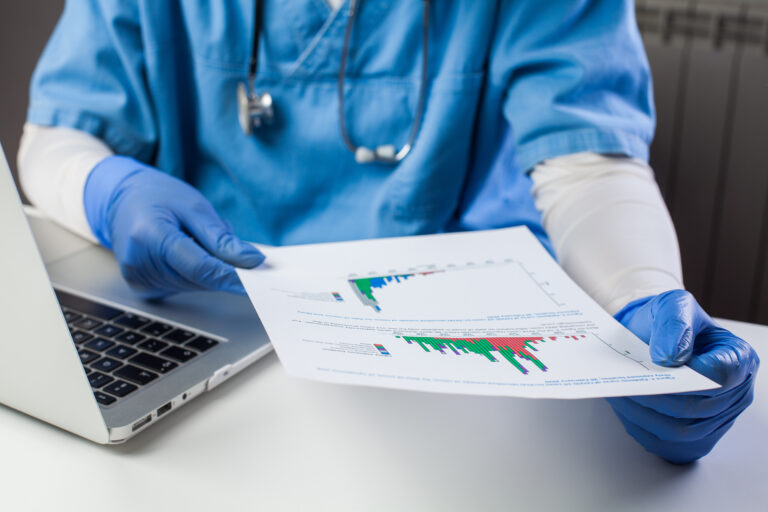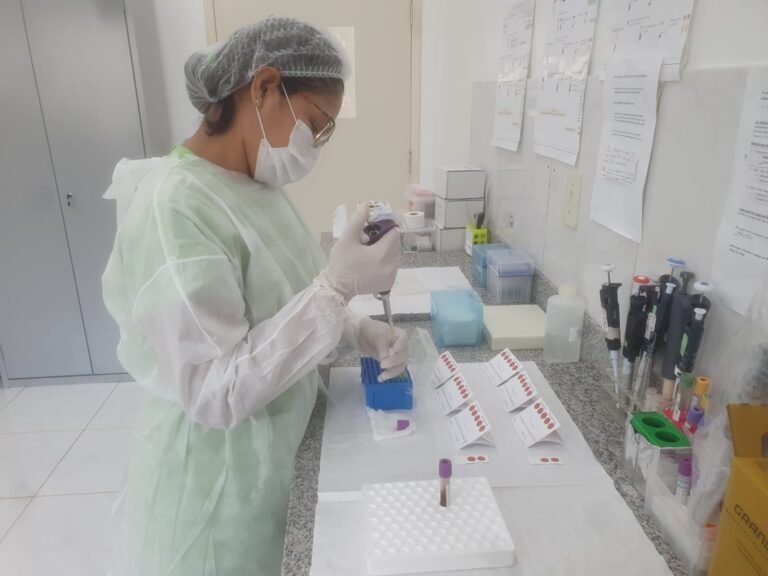 Malaria
Malaria
The call selected 10 projects focusing on malaria prevention and control in Brazil.
Challenge
In 2018, 194.271 malaria cases were notified in Brazil. 99% of those cases occurred in the Amazon region. From January to March 2019, the country registered 31.872 cases, according to Ministry of Health data, representing a reduction of 38% in comparison with the same period of the previous year. Spite the progress, Brazil still accounts for 22% of all malaria cases in Latin America, lagging behind Venezuela, which accounts for 53% of cases, per the last world malaria report.
Goal
To support the development of scientific and/or technological research (about prevention, detection and fight against malaria in Brazil) that can effectively contribute to the advancement in knowledge, training of human resources, creation of products and improvement of health surveillance programs, control, elimination and prevention of this neglected disease, so as to achieve the Sustainable Development Goals, in line with elimination program established by the World Health Organization, with the purpose of improving the health conditions of the Brazilian population.
Projects were classified according to the following themes:
- Treatment: Evaluation of adherence to malaria treatment in Brazil and compliance with the therapeutic regimens recommended by the Ministry of Health;
- Diagnosis and Epidemiology: Strategies to improve surveillance of malaria cases in the Amazon, in order to better understand the outbreaks of infection and the impact of migration patterns through the development of new diagnostic methods and surveillance approaches;
- Vector Biology and Control: To support studies that increase knowledge about the vector, including its biology, interaction with the plasmodium and relationship with the environment, with the purpose of preventing transmission;
- Economic Impact Assessment of Social Technologies: To support the development of studies that provide an understanding of the economic impact of malaria in endemic (with transmission) and non-endemic (without transmission) areas of Brazil and the development of more accurate tools for this assessment.
Projects in Malaria
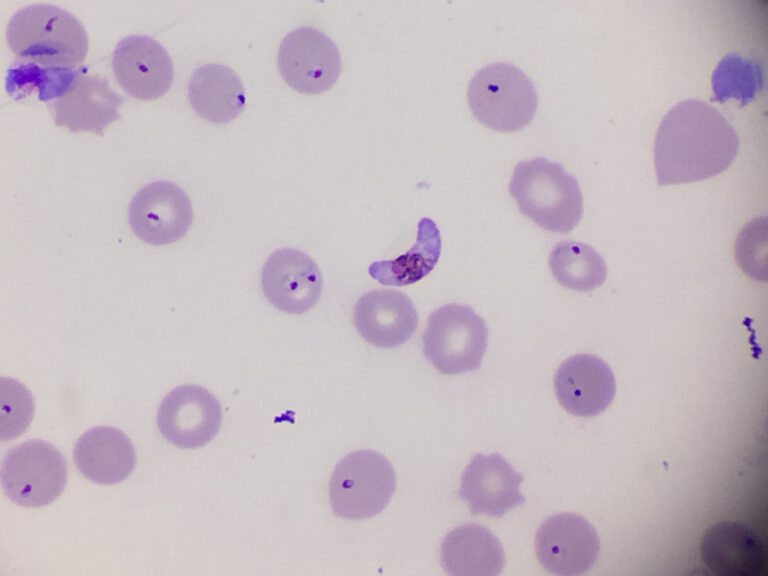
Integrating Molecular Surveillance for P.falciparum elimination in Brazil
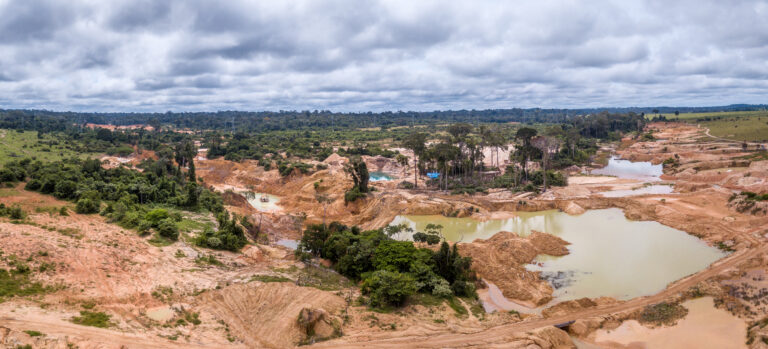
Genomic Epidemiology of Malaria in a Gold Mining Areas in Brazil
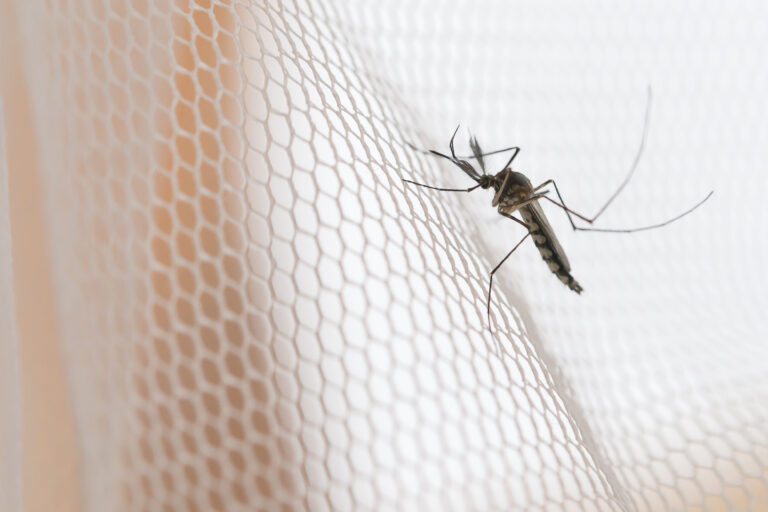
Evaluation of the use of long-lasting insecticide impregnated nets (LLINs) as a strategy to control malaria transmission and its implications, in five Brazilian Amazon States
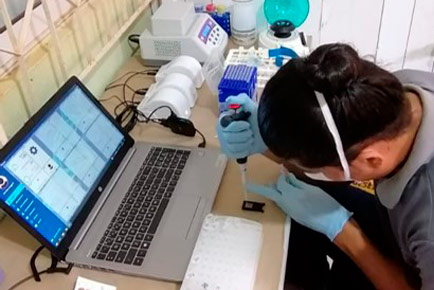
Validation of a complete technological solution (extraction + qPCR) to help the diagnosis of Plasmodium falciparum or Plasmodium vivax in low resource settings
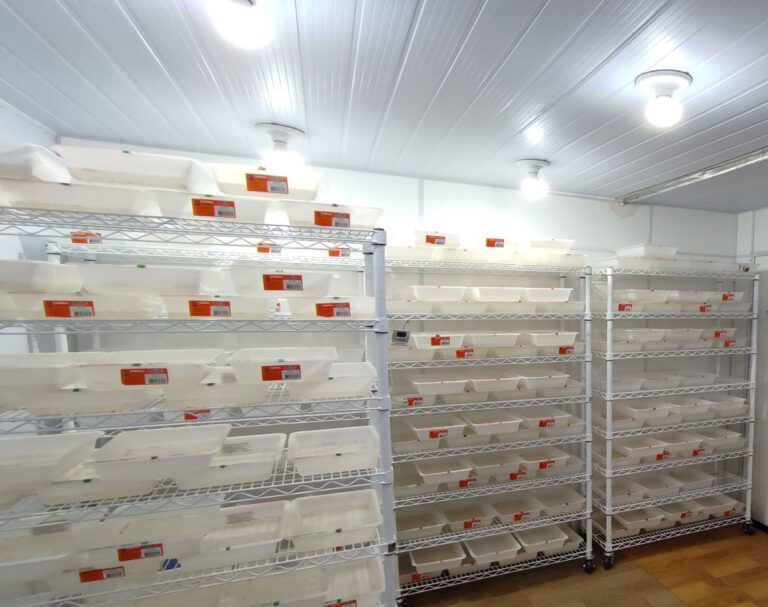
Platform of production and infection of Nyssorhynchus darlingi- experimental study of the pathogen-vector relationship (Plasmodium vivax - Ny. darlingi) for the development of control strategies in Brazil
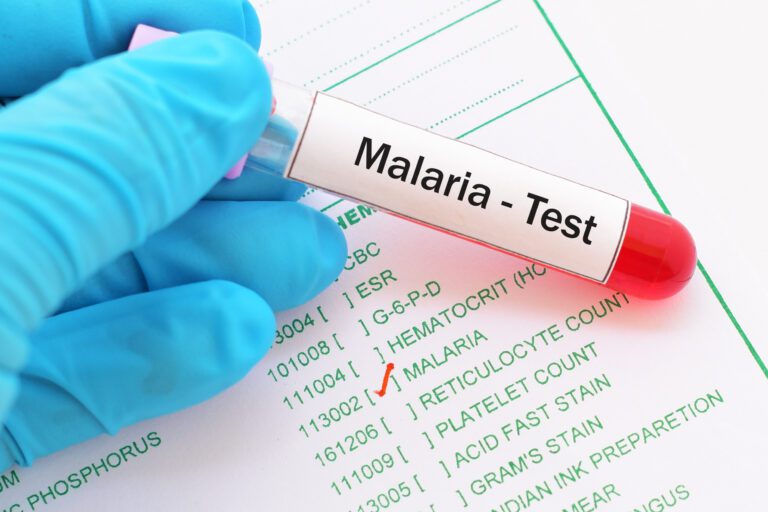
Monitoring asymptomatic individuals with submicroscopic parasitemia of Plasmodium vivax and their transmission to Anopheles (Nyssorynchus) darlingi
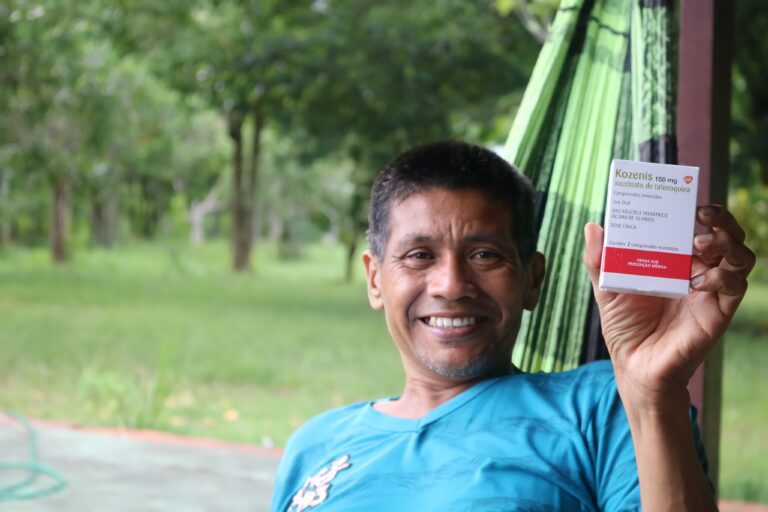
Phase I, single-center, randomized, open, parallel-group study for pharmacokinetic evaluation of artesunate-mefloquine use in combination with primaquine and tafenoquine (AMino Study)
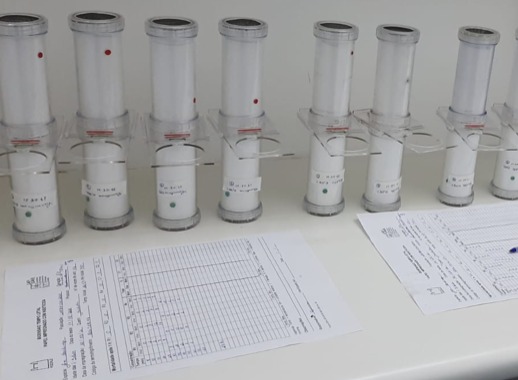
Insecticide resistance evaluation in anopheline from high malaria-endemic regions from Brazil
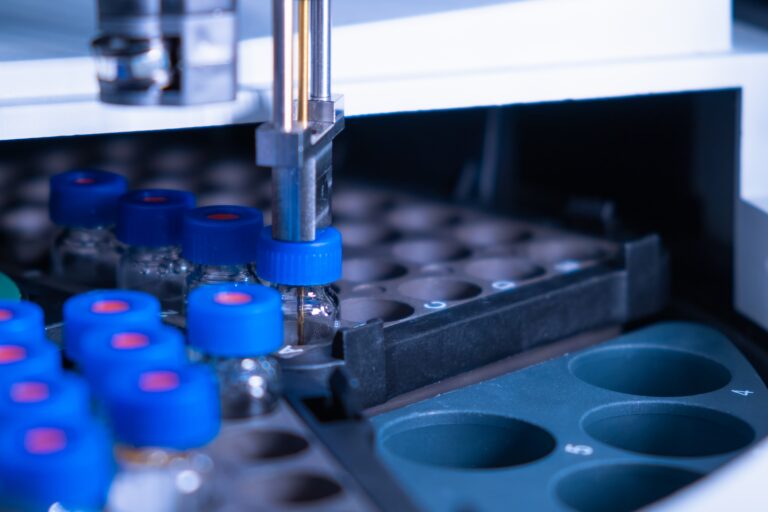
Identification of metabolomic signatures associated to the hypnozoite activation in Plasmodium vivax (HIPNOPRINT)

The economic cost of malaria in Brazil
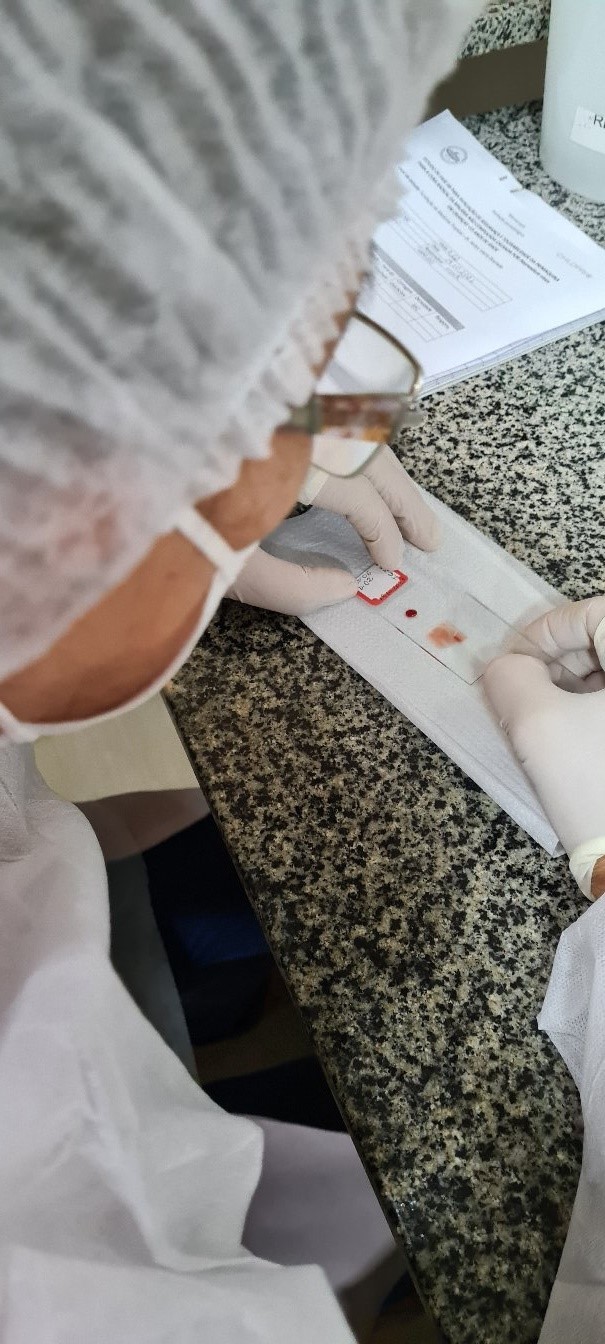
Phase II study to evaluate primaquine safety and tolerability for radical cure of uncomplicated Plasmodium vivax malaria in children (CHILDPRIM Study)
